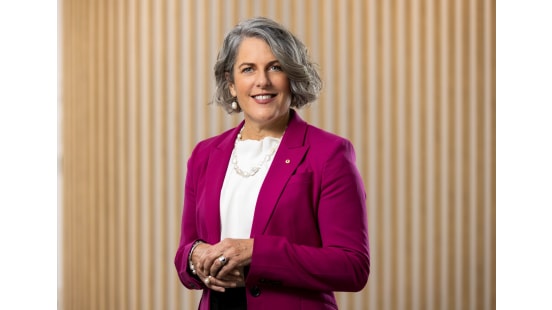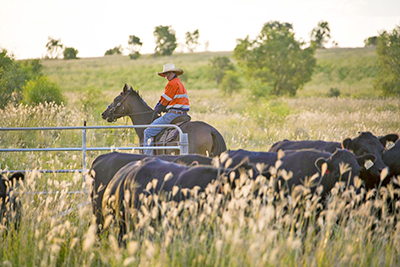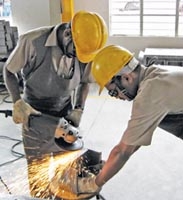Recognition agreement drives enhanced engineering mobility, collaboration between Australia, Spain
ENGINEERS from Australia and Spain will enjoy streamlined access to working in either country through a new mutual recognition agreement (MRA) between Engineers Australia and the General Council of Official Colleges of Industrial Engineers (CGCOII), Spain’s governing body for the industrial engineering profession.
The agreement was formalised by Engineers Australia CEO Romilly Madew AO and CGOII president Cesar Franco at an online ceremony hosted by the Australian Ambassador to Spain, Sophia McIntyre.
Speaking at the signing, Engineers Australia’s Ms Madew said, “As we look to the global challenges of our time – from ensuring our built environment is sustainable and resilient to climate impacts, to developing inclusive technologies and innovations – the role of engineers has never been more important. 
“Enabling skilled engineers to work across borders is an incredibly important part of addressing these challenges. That is why we have international mobility agreements which enable our members to live and work in more than 120 countries – and why today is such a significant milestone.”
Dr Franco said, “The reality and current circumstances of both countries, Spain and Australia, have big similarities in the great need for engineers in each country. While in Spain, our Engineering Observatory estimates that 200,000 engineers will be needed in the next 10 years, Engineers Australia is aiming to reach the figure of 100,000 in the next few years.
“The mobility agreement between our engineers and the Australian ones should be an incentive for future engineers from both countries. This agreement should be the best attraction for those who are thinking of studying a career with a future: engineering.”
Australian Ambassador to Spain, Sophia McIntyre welcomed the agreement as “opening the door to greater sharing of expertise and innovation at a time of significant growth in the economic relationship between Australia and Spain, particularly given the important role of Spanish infrastructure and energy companies in our green energy transition”.
The new MRA covers members of Engineers Australia who hold a relevant engineering qualification in industrial, chemical, electrical or mechanical engineering.
It seeks to recognise the differences in qualification standards between the two countries, providing Spanish industrial engineers a pathway to meet Engineers Australia membership requirements without the initial assessment stage. Additionally, it aims to help Australian engineers meet Spanish qualification requirements, especially the six-year European Masters.
Engineers Australia, as the voice for the engineering profession in Australia, and CGCOII, advocating for professional standards in Spain, are both committed to advancing the engineering profession and fostering international cooperation, Ms Madew said.
This partnership, initially set for three years, is the second such collaboration Engineers Australia has established with a Spanish professional body, following a similar agreement with the Colegio de Ingenieros de Caminos, Canales y Puertos (CICCP) in October 2022.
ends

 How to resolve AdBlock issue?
How to resolve AdBlock issue? 
 construction industry training demand to meet the Federal Cabinet aim of 1.2 million new home completions within five years.
construction industry training demand to meet the Federal Cabinet aim of 1.2 million new home completions within five years.



